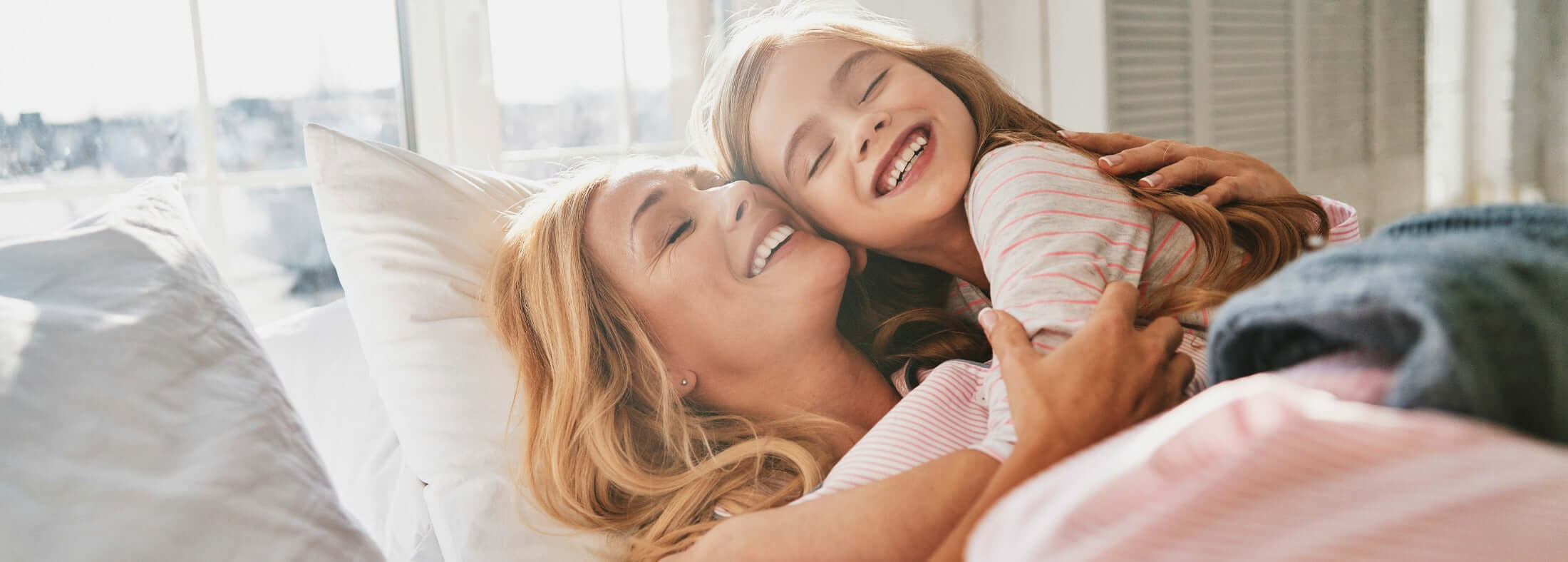Let there be peace and quiet and darkness for the best night sleep possible
Many factors make up sleep hygiene, which is a fancy way of describing a series of items/tasks that set the scene for good quality sleep. Two of the most important sleep steps include creating a dark room and ensuring quietness. Both of these go a long way to ensure that you can fall asleep, stay asleep and get that restorative REM sleep crucial for optimal health.
But it’s not always possible to create ideal sleep conditions. That’s where a little help is a wonderful thing—in the form of sleep masks and earplugs. Do you have these on hand? You should! You’ll be amazed at the difference they can make in turning a less than optimal sleep situation into one that’s conducive to healthy, healing rest, whether you’re catching a snooze on a long-haul flight or trying to block out noisy neighbors.
Do sleep masks and earplugs really work?
“Yes, they do,” said David Wagner, sleeping expert and founder of SleepingExpert, “but each in a different way. Noise, whether traffic, air conditioners or those infernal hotel mini bar fridges, can either wake us up completely or simply disrupt sleep cycles without us realizing it.”
Earplugs might not completely eliminate 100% of noise, but they dramatically lower decibel levels and that helps with restful sleep.
Light is more a factor of melatonin production by the body than actually getting to sleep. “I think most people are aware of the issues with blue light from screens, though most lights (including daylight) are going to have blue light in them too,” explained Wagner. “This hinders melatonin production in your body and reduces the body’s ‘it’s-time-to-sleep’ signal.”
A sleep mask can eliminate all light so you can start nodding off while your partner reads with the light on, or help you get to sleep during the day if you’re a shift worker.
Savvy buying tips for sleep masks and earplugs
When it comes to buying sleep masks and earplugs, the two keywords to remember are “comfort” and “fit.” They make the difference between being effective sleep tools and money poorly spent. “Both of these products need to fit correctly to do their job,” said Wagner. “They need to be comfortable as you’ll be wearing them for what amounts to be a third of your life.”
Earplugs, or a mask that doesn’t feel right, will have the opposite effect and wake you up or cause earaches, irritation or unpleasant sweaty eyes.
Finding the right one comes down to personal trial and – sometimes – error. With sleep masks, consider what materials have been used. Some people may experience allergic reactions, while some fabrics don’t breathe well and cause irritation, swelling and sweating. Silk is a popular choice since it’s a natural, lightweight material that feels soft on the skin and allows for airflow. Cotton is also a safe pick for the same reasons.
Designs differ greatly from mask to mask – one size does not fit all. You’ll want one that doesn’t put significant pressure on your eyes. Some are contoured so the mask doesn’t sit directly against the skin. Other sleepers may prefer that, so you’ll have to see what suits you. Some online retailers offer money-back guarantees so you can bed-test a few different types.
A plug for earplugs
Wagner suggests trying an inexpensive pair of disposable foam earplugs to start. Keep a supply in your nightstand and pop a pair in your backpack or purse, handy for catching naps on the fly. While they might not block enough sound for some, the hard-molded varieties may be quite uncomfortable to some wearers, especially for side sleepers. He says start cheap and, if they aren’t effective, move on to more expensive types. Silicone varieties are an option if you prefer a reusable type.
On the higher end of the price scale is wax. They block out more sound and are moldable to a wide variety of ear canal sizes. Sleepers like them because they stay put better than other types.
A good pair of earplugs should be easy to insert and to remove. They should fit snugly, but they shouldn’t put pressure on the eardrums. If they feel uncomfortable, it may be because they are too big for your ear canal. Switch to a slim fit size for a better fit. Or try buying a variety pack that has a range of sizes. Also watch for the NRR (noise reduction rating) to guide your choice. It tells you how many decibels the earplugs were able to reduce sound when they were tested in a laboratory.
Hungry for more sleep info?


